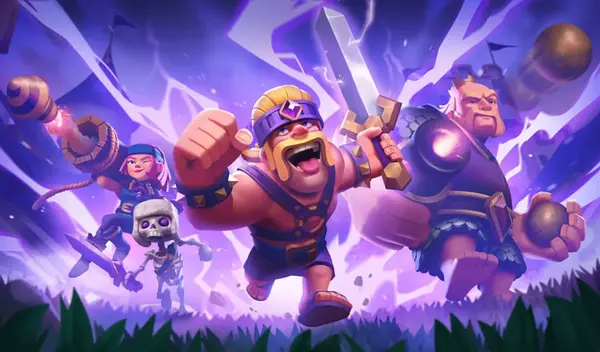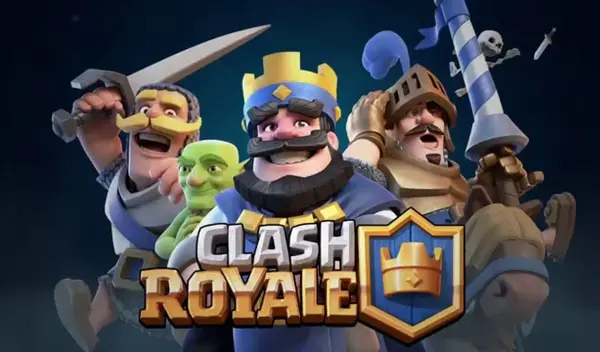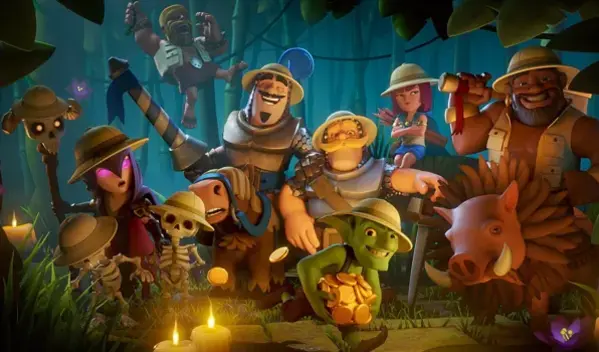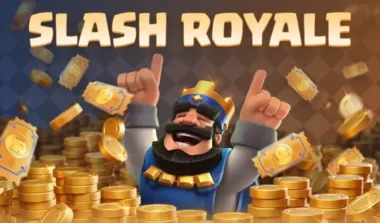Introduction
Clash Royale, developed by Supercell, has been a revolutionary mobile strategy game. However, its pay-to-win mechanics have sparked debates about fairness and competitiveness. This article delves deeply into the specific impacts of these mechanics on the gaming experience.

Understanding Pay-to-Win in Clash Royale
What is Pay-to-Win?
Pay-to-win refers to systems where players can buy in-game advantages. In Clash Royale, this includes purchasing powerful cards, upgrading troops faster, and acquiring resources to dominate matches.
How Clash Royale Implements Pay-to-Win Elements
Clash Royale’s monetization is tied to card levels, chest unlocks, and exclusive seasonal rewards. This structure creates a gap between paying and non-paying players.
The Impact on Match Balance
Card Level Disparities
Players with higher-level cards gained through purchases can easily outmatch those with lower-level cards, regardless of strategy.
Time vs. Money Investment
Non-paying players must spend significant time grinding for upgrades, while paying players can bypass this effort entirely, leading to unbalanced matches.
The Chest System and Progression
How the Chest System Works
Players earn chests by winning battles, which take time to unlock unless gems (premium currency) are used. This system inherently favors those willing to spend money.
Implications for Progression
The slow unlocking process frustrates non-paying players, as paying players can continuously advance and improve their decks.

Seasonal Pass and Exclusive Rewards
Introducing Seasonal Passes
The Clash Royale Pass offers exclusive rewards, quicker chest unlocking, and premium perks, giving paying players distinct advantages.
Exclusion of Free Players
Non-paying players are locked out of many benefits, creating a divide between the game’s community.
Player Retention vs. Player Frustration
Retention Through Rewards
Monetization focuses on retaining paying players with consistent new content and rewards.
Free Player Dissatisfaction
Free-to-play players often feel left behind, leading to decreased engagement and lower retention rates.
Community Reactions and Backlash
Online Criticism
Forums and social media highlight the growing frustration among non-paying players, who feel the game’s focus is shifting away from skill.
Developer Responses
While Supercell has introduced some features to balance gameplay, the core pay-to-win aspects remain unchanged.
Comparisons with Competitor Games
Alternative Models
Games like Hearthstone and Gwent offer more balanced monetization, focusing on skill-based rewards and progression.
Lessons for Clash Royale
Adopting a model emphasizing skill and fair competition could reduce player dissatisfaction and foster a healthier community.
Ethical Considerations
Impact on Younger Audiences
Younger players are especially vulnerable to pay-to-win mechanics, which can lead to excessive spending and dependency.
Advocacy for Fair Practices
Increasing awareness and regulations surrounding in-game purchases could encourage developers to adopt fairer systems.

Conclusion
Clash Royale’s pay-to-win mechanics significantly affect gameplay balance and community sentiment. Addressing these concerns through equitable monetization could improve player experiences and the game’s reputation.


